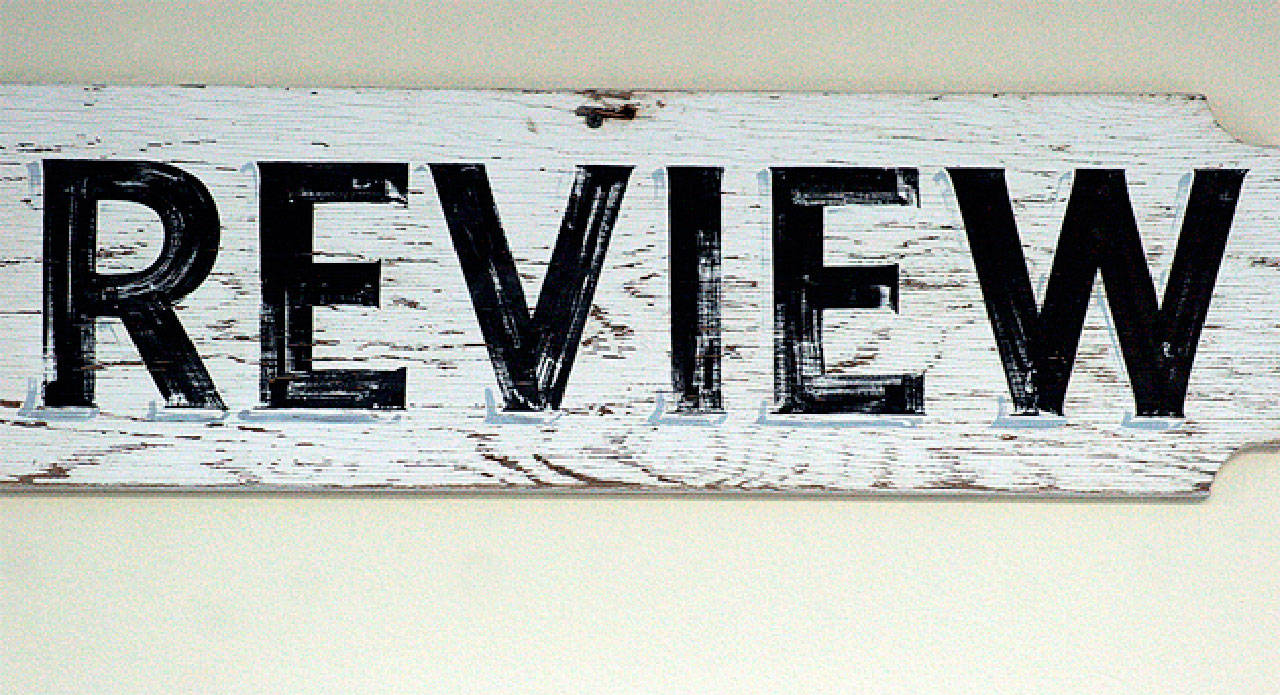The Bainbridge Island School Board is again considering moving from the Metro Division, where our athletes are challenged to compete at the appropriate — and highest — level, to the Olympic League, where we would be the only 3A school competing against 1A and 2A schools.
The school board has established a very limited set of criteria to analyze this issue. Notably, this is the same set of criteria used in 2013, the last time this issue was reviewed — and soundly rejected.
• Missed class time and late night returns on school nights. This impact has not changed appreciably since 2013. If anything, traffic volumes, and thus travel times, have increased heading west off the island. Our athletes have made travel to Seattle work for 19 years, using skills we want them to develop: self-discipline, resilience, grit, and foresight. As former girls’ basketball coach Penny Gienger said in 2001 when Bainbridge first considered moving to Metro, “You can do a lot more on the ferry — get out and walk around, pull out books and do homework. It’s better than riding to Port Angeles and having the bus driver yell at you to get your legs between the seats.”
A look at several schedules for this year shows that late-night returns are a non-issue. Here are the number of varsity away games to Seattle on a night before a school day for several sports in 2019-2020: football, zero;
boys basketball, one; girls basketball, two; baseball, one; and girls softball, five.
I do not know if this is true for other sports, but virtually all of the boys and girls swim meets are held on Fridays in Metro. In Olympic, they are held on Tuesdays and Thursdays, meaning athletes would be out on school nights.
• Travel cost. Again, these figures must be virtually identical to 2013 when the move was rejected. I have heard people claim that Bainbridge subsidizes the ferry cost of Seattle schools, but this is not true. Principal Kristen Haizlip acknowledged at the last school board meeting that Bainbridge has never paid any such subsidy.
• Level of competition. The level of competition in Metro is the appropriate one for our athletes. We proudly compare ourselves to the best schools in Seattle for academic achievement, and we should do so in sports as well. That is what the athletes want and they deserve to face competition that brings out their best. Our teams have proven themselves equals in Metro for a long time in many sports. Our athletes have benefitted from the level of competition in Metro. College recruiters focus on Metro, not Olympic. In 2016, Bainbridge was classified as a 2A team, but chose to play up to 3A to remain in Metro. (In fact, 12 other Metro teams had 2A enrollment figures in 2016 and they all opted to play up to 3A because of the competition.)
Enrollment figures for 2020 place us solidly as a 3A team. Olympic is made up solely of 1A and 2A teams and we would have to play down to move to that league. Our athletes would only face 3A competition at the state (and perhaps district) level.
And many would not face any competition at all. The WIAA website lists 36 sports offered at Bainbridge. The most that any Olympic school offers is 21—and that includes bowling, a sport not offered at Bainbridge.
That means approximately 40 percent of our teams would not be able to compete in the Olympic League. Only one Olympic girls swim-and-dive team actually fielded any divers this year. Bainbridge on the other hand had 15 girls try diving, 10 of whom competed. The Bainbridge’s boys basketball team has consistently played close games against Metro teams. In their only Olympic game, they beat Kingston by 42 points! What did they learn from that game?
The sheer number of athletes Bainbridge can pick from would overwhelm Olympic schools. Setting aside the 1A schools in Olympic, whose enrollments are even smaller, 2A North Mason is projected to have half the number of students Bainbridge has. The quality of the facilities is also considerably higher in Metro compared to Olympic. The pool shared by Olympic schools Kingston and North Kitsap has been closed for repairs for the last three weeks — in the middle of the boys’ swim season.
A key aspect of this decision that is not addressed by the school board’s criteria is what lessons we want our kids to learn from high school sports. Do we want them to learn that winning is the only thing, even if that means taking advantage? That they cannot compete against the best? That winning is easy and something they deserve instead of having to earn? Shouldn’t part of our kids’ educations include exposure to the diverse cultures and socio-economic backgrounds they experience playing in Seattle venues?
The school board has a survey on their website and will discuss this issue at their next meeting on Jan. 30. I urge you to let the board members know your position prior to their vote.
Joe Solseng is a long-time Bainbridge resident and proud father of four current and former high school athletes.



